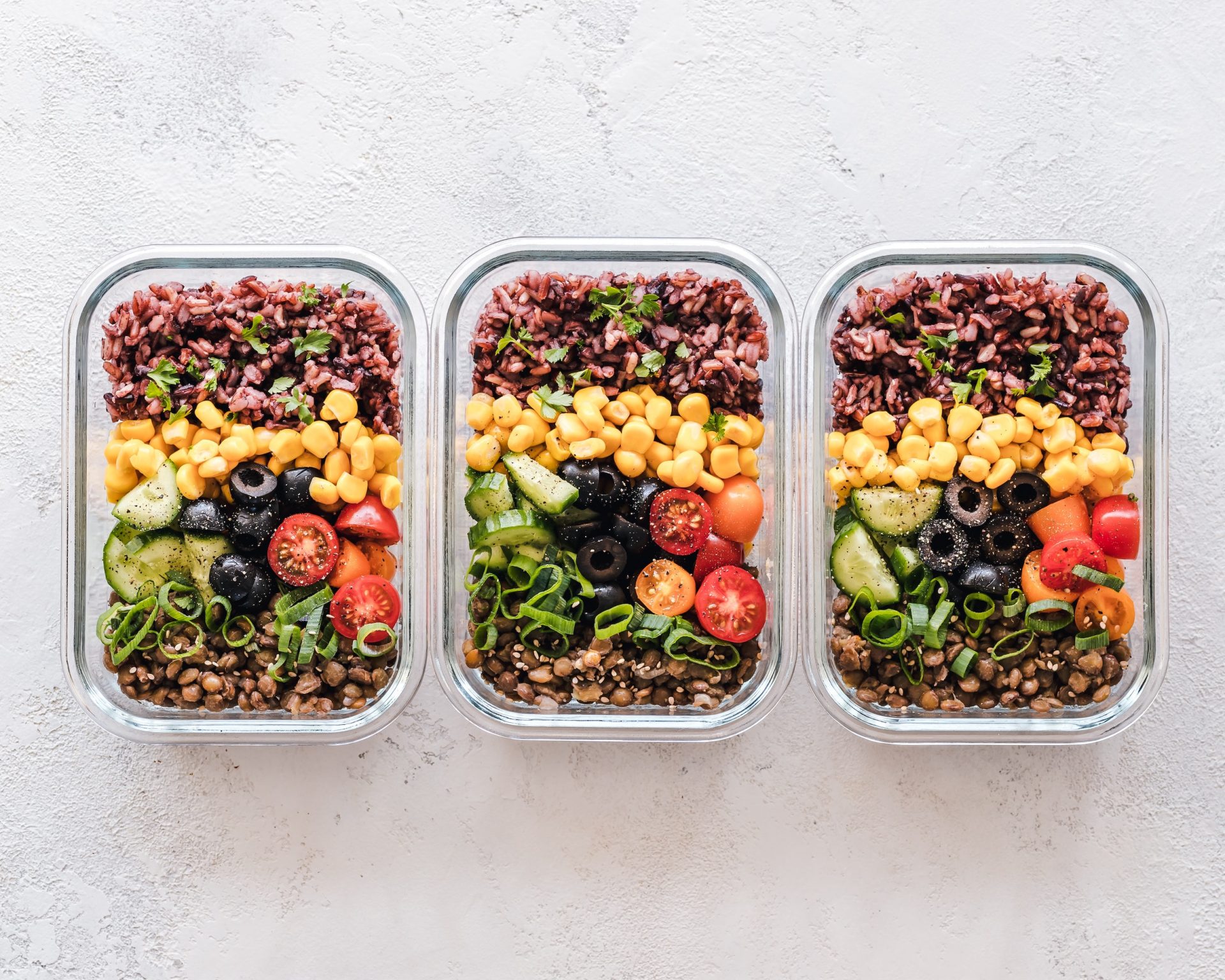Rather than the latest diet fad, a more sustainable approach to healthier eating actually involves less meat consumption.
With January almost at a close, the consensus with the new year includes many a ruined diet that started as resolution. Naturally, as humans, we love the idea of making permanent healthy changes to our diets though we may not always follow through with.
Rather than the latest diet fad, a more sustainable approach to healthier eating actually involves less meat consumption. A diet heavy on red meat has long been associated with health problems, and data shows that most meats and even other animal products like dairy milk take a big toll on the environment.
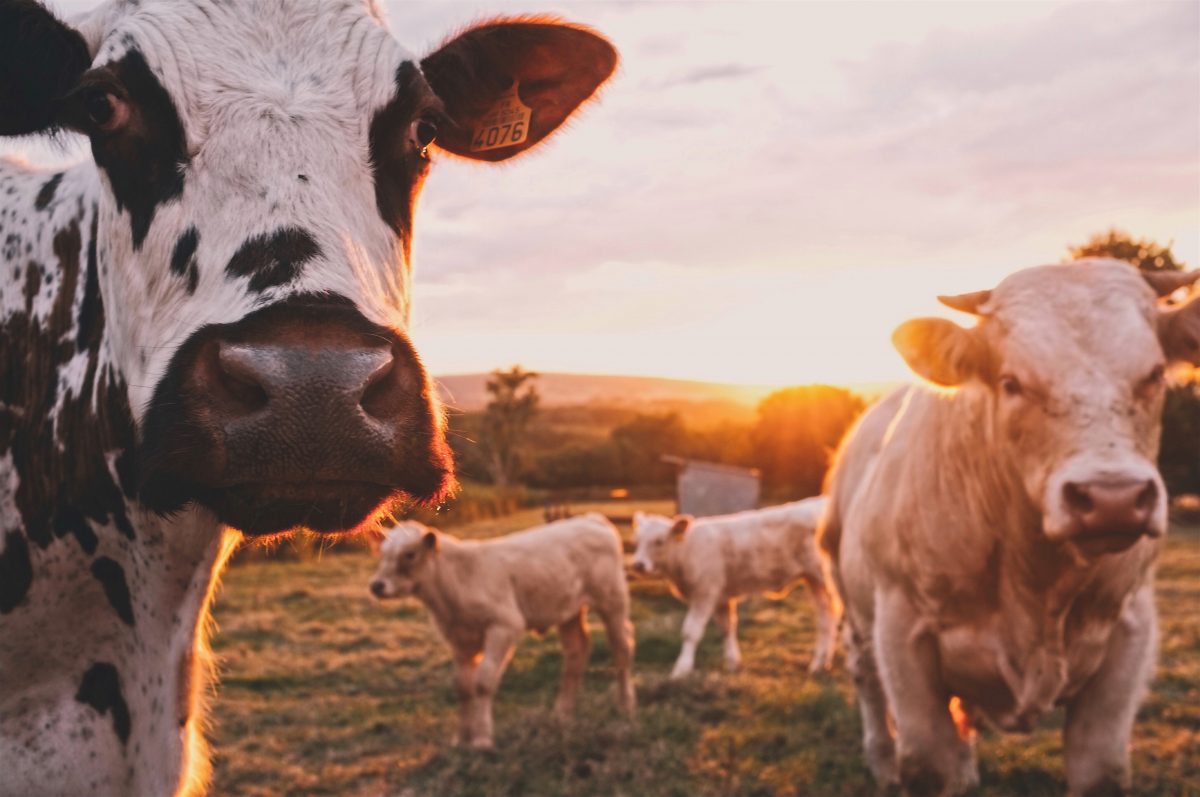
The biggest challenge is always our own mindset\, and if we allow a shift of perspective, we are able to visit various other options that do not require a lot of meat for the sake of protein.
It helps that the food industry has been exploring different ways that plant proteins are able to provide the right amount of nutrition, minus the trans fats and cholesterol.
ENSURE A HEALTHY AMOUNT OF CALORIE INTAKE
According to health and nutrition experts, if we aren’t meeting basic energy and calorie needs, it doesn’t matter what we eat after that because our body will be in this state of starvation, which increases inflammation.
A great way to start changing how you eat is to ask yourself why you want to shift to a more plant-based diet. Reasons vary for everyone, and while some just want to eat healthier, others may want to live a more environmentally conscious life. Of course, with a plan to change how we eat, many hope to make certain changes to their physical appearance as well.
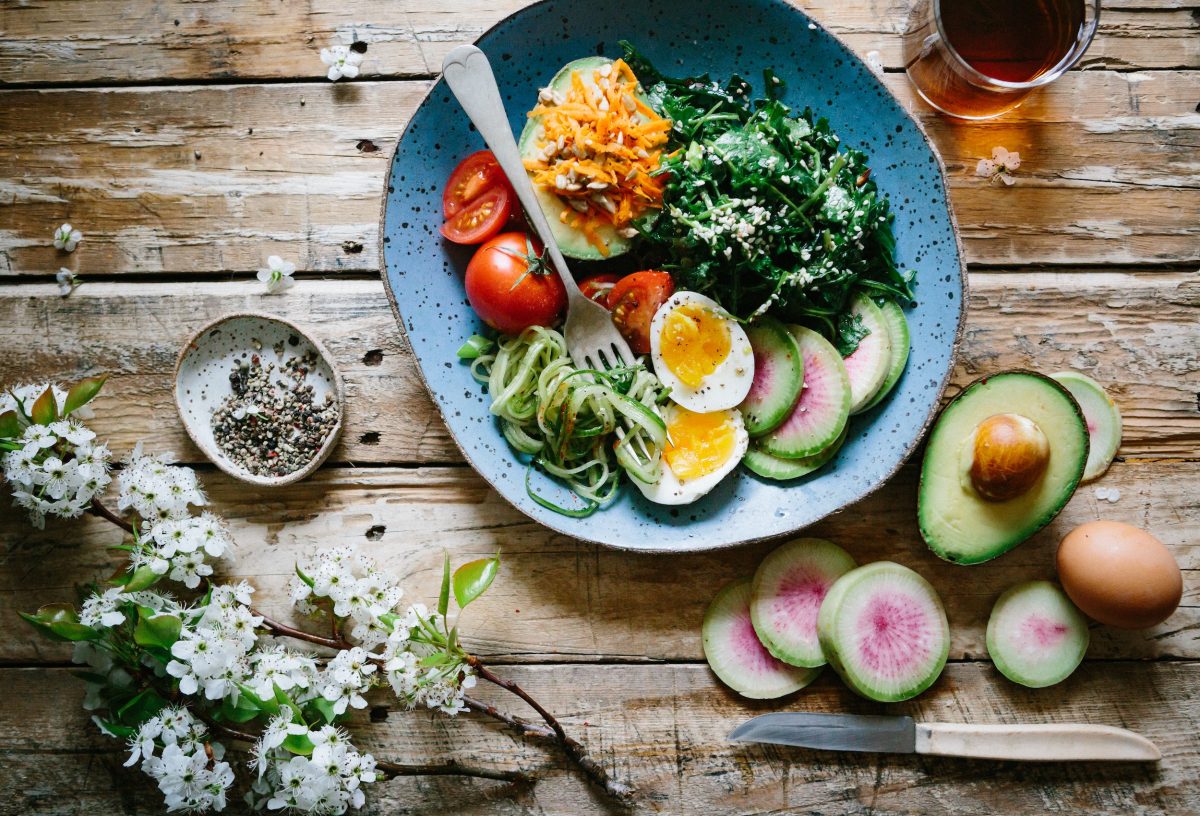
Some ways to up your calorie intake on a plant-based diet is to increase your consumption of healthy fats that are highly necessary, by including foods like avocados, mayonnaise, dressing, or oils to your sandwiches and salads.
You can also eat more healthy carbs like whole grains, starchy vegetables and legumes. And, perhaps mostly importantly, honor your feelings of hunger. If you’re hungry, eat, and listen to what kind of food your body is telling you it wants.
Switching to a plant-based diet might mean you get hungry more often. So, instead of feeling annoyed with yourself, respect your body by responding to hunger with the only thing that makes hunger go away: food.
LEGUMES ARE UNDERRATED
An excellent source of plant protein that people often overlook are legumes. Legumes include varieties like beans, chickpeas, edamame, lentils, peas, and peanuts — yes, peanut butter counts.
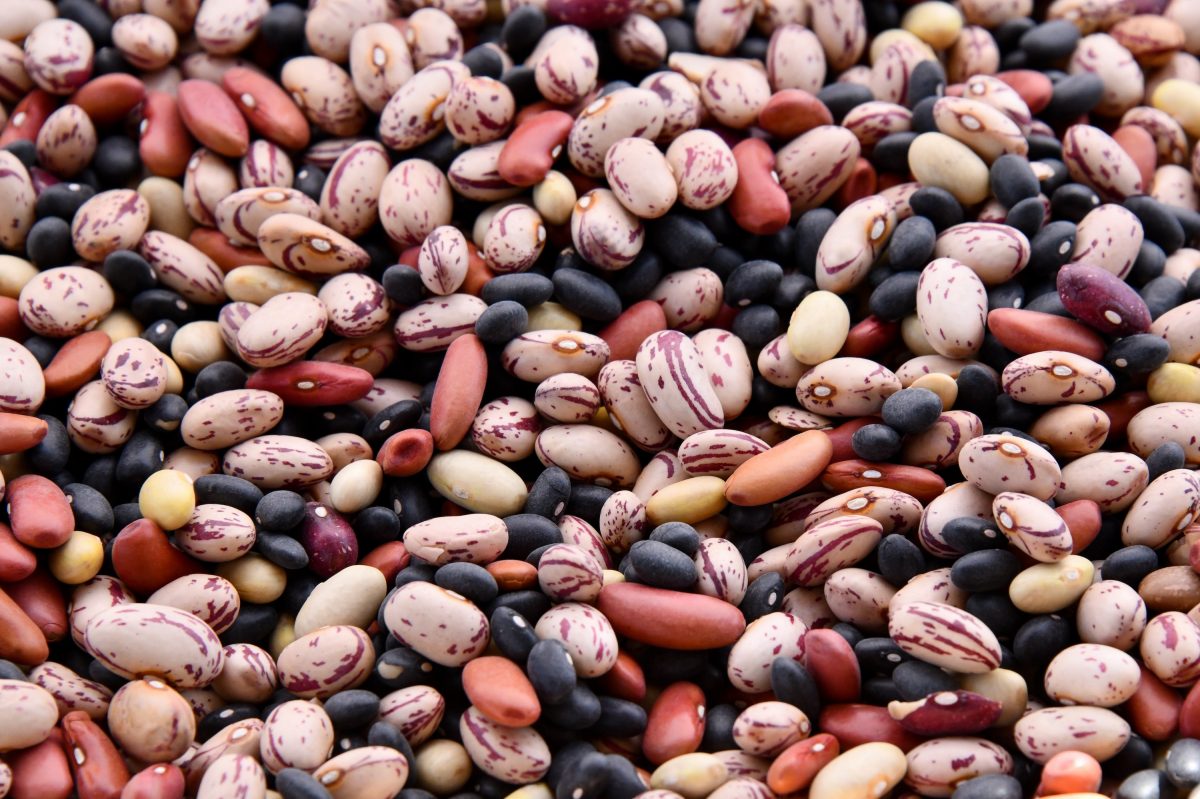
Aside from packing a serious protein punch, legumes also contain vitamins, minerals, and antioxidants, plus fiber.
Although beans does indeed cause gas, our bodies have enzymes to break down the gas that beans create. Those particular enzymes are “made to order” — meaning if you haven’t been eating a lot of beans then suddenly do, your body will need time to catch up. Safe to say, excess gas will not kill you, but it will likely have you isolating yourself for a time.
WHY SOY RULES
Despite having a compound that mimics estrogen that may be an endocrine disruptor in some situations, soy is still an excellent source of protein that comes in many forms like edamame, soybeans, tofu, tempeh and more.
For most people, this isn’t a problem, and including more soy in one’s diet can be very beneficial. Soy products produces a lower risk in developing conditions like heart disease and breast cancer.
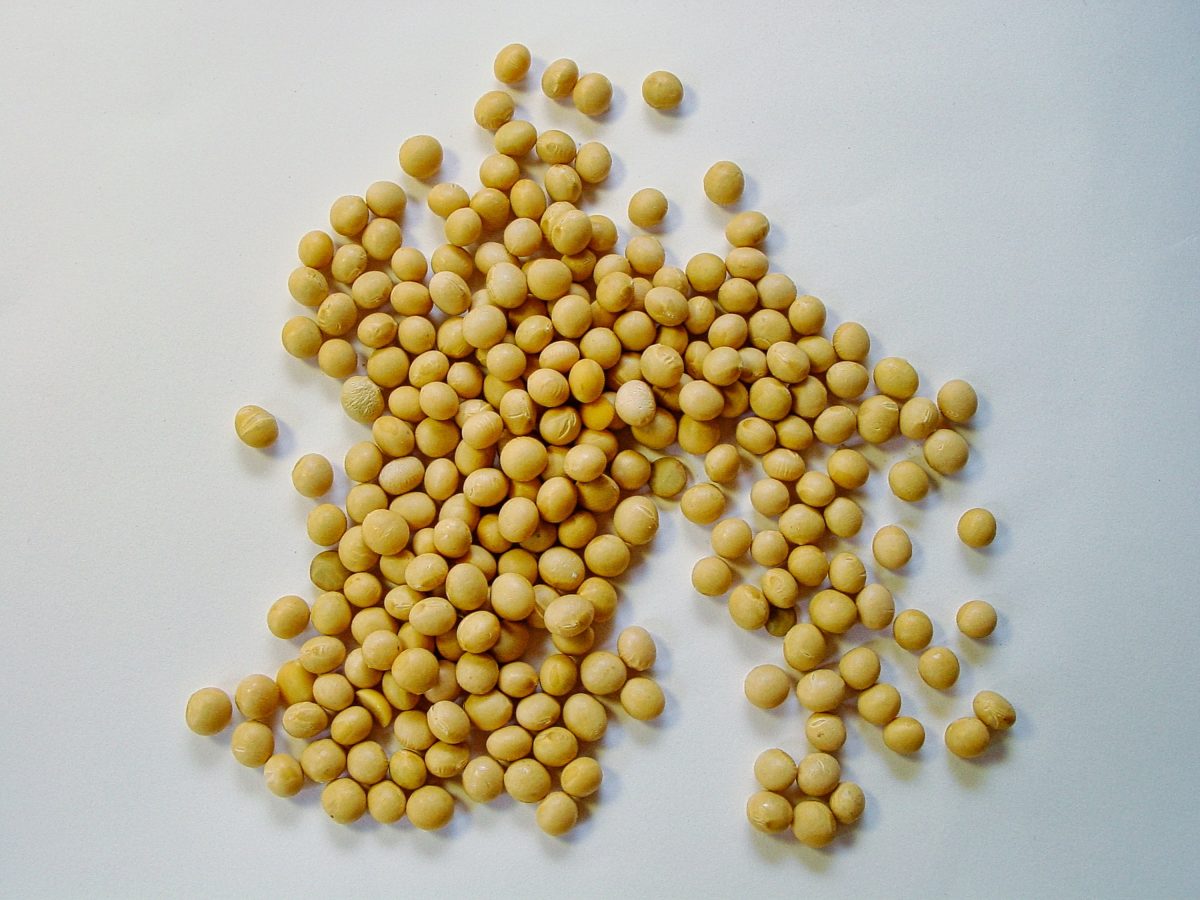
However, pregnant women or people wanting to feed their baby soy-based formula should talk with their doctor about it first, because soy could be potentially harmful in those situations.
However, if a soy products bothers your digestive system, and you aren’t trying to go vegan, it’s fine to just avoid soy and replace it with other types of plant protein. If you are planning on turning vegan and do not agree with soy, it’s always best to speak with a nutritionist and doctor to get to the root of the problem.
Although living without soy as a vegan would be quite difficult, not all soy is created equal, however.
Some soy products, like edamame and tofu, aren’t processed at all or are minimally processed which makes them easier to digest. Other products, like protein powders and bars, contain soy protein isolate, which is highly processed and may cause more gastrointestinal distress — and also isn’t as healthy.
OTHER NON-MEAT PROTEIN OPTIONS
If you want to reduce or cut out meat but don’t mind eating small amounts of animal products, then dairy products like milk and cheese are a healthy source of protein, as are eggs. Nuts, seeds, whole grains like brown rice, quinoa, and whole wheat bread are also great plant sources of protein.
In terms of environmental impact, plant proteins are pretty much always more sustainable than animal proteins. Eggs and dairy products still have a smaller environmental footprint than red meat and poultry, but actually have a larger footprint than fish.
HOW DO YOU KNOW IF YOU’RE GETTING ENOUGH PROTEIN?
You may be wondering how much protein you should eat in a day. According to the U.S. Department of Health and Human Services, the recommended amount is 5.5 ounces per day for someone who follows a standard 2,000-calorie diet.
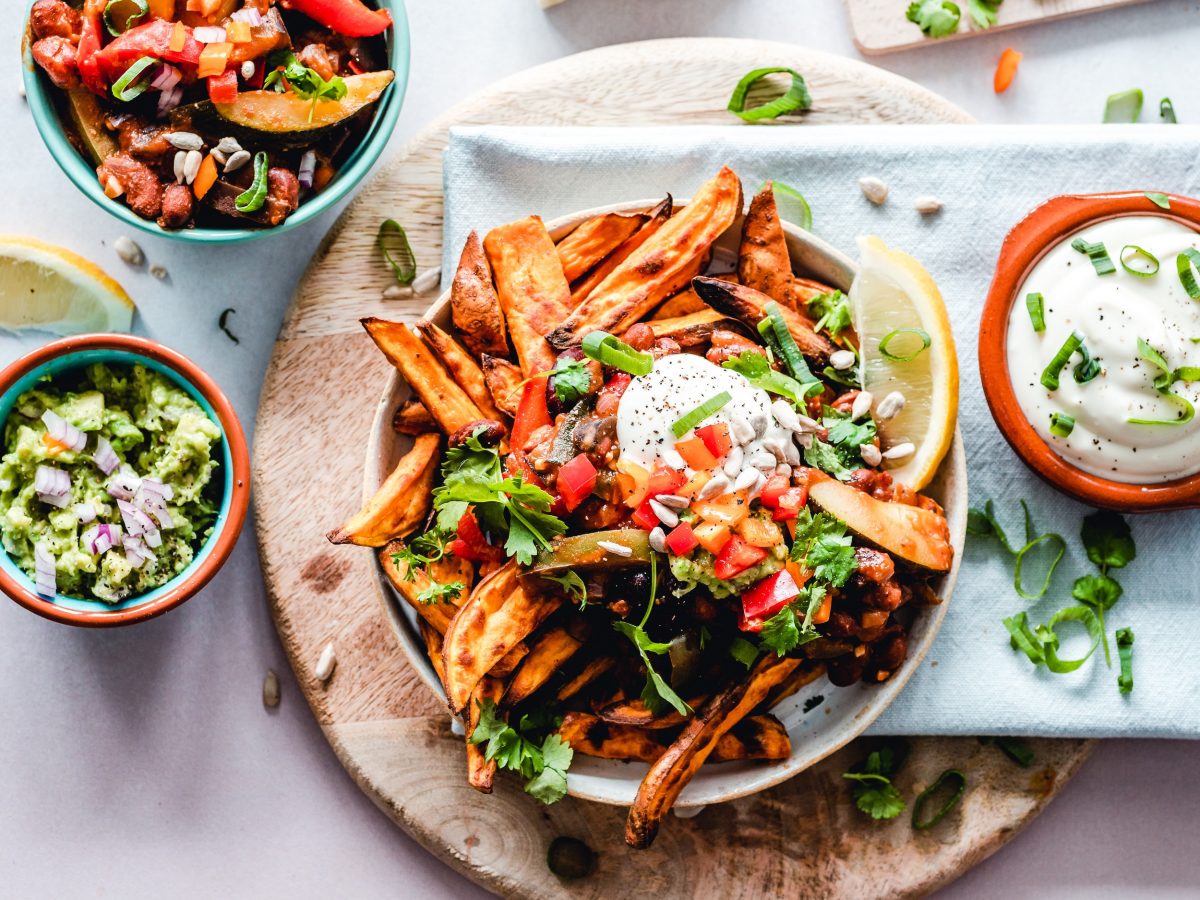
For vegans, eating three or more servings of legumes each day is the way to go, while vegetarians will need three servings of varied proteins — like tofu, dairy and eggs — each day.
Also, rather than counting how much protein you’re eating each day, it’s better to follow a more intuitive eating pattern altogether. Our bodies are pretty good at telling us if we need more protein because that’s when cravings set in. So we need to listen to that.
MAKING THE SWITCH WITH INTENTION
Don’t go cold turkey and cut out all meat entirely, especially if you’re someone who eats a lot of meat. You also do not want to put sudden pressure on yourself to stop meat altogether and feel unnecessarily stressed. Stress makes your body go into survival mode and you might end up gaining pounds rather than losing them.
And you’re more likely to give up when stressed.
Instead, try being strategic with how often you eat plant proteins versus meat proteins. Meatless Mondays are a popular eating pattern that, you guessed it, involves going meatless every Monday.
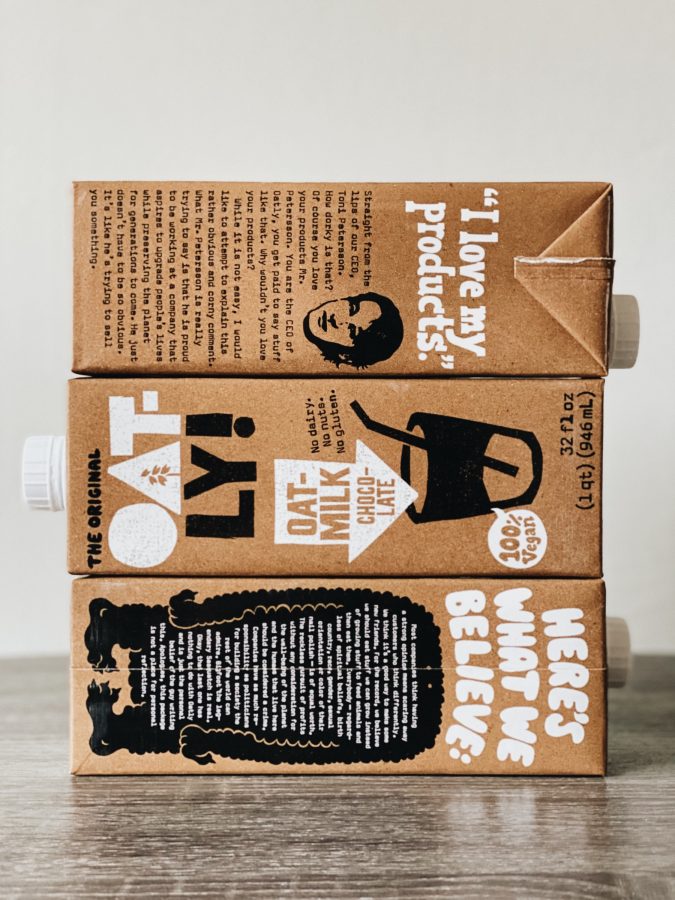
In time, you’ll be ready to go for more meatless days in a week, that eventually leads to a long-term habit.
Another thing to keep in mind is how processed your plant proteins are. If you’re regularly eating things like veggie burgers and alternative meat options, that’s going to be less sustainable (and less healthy) than eating whole foods that have been minimally processed. Processing food takes energy and resources and often involves side ingredients like corn, which aren’t grown in a sustainable way.
Ultimately, the best thing you can do is try out different plant proteins and different ways of incorporating them into your diet and find out what works best for you.
"ExpatGo welcomes and encourages comments, input, and divergent opinions. However, we kindly request that you use suitable language in your comments, and refrain from any sort of personal attack, hate speech, or disparaging rhetoric. Comments not in line with this are subject to removal from the site. "


